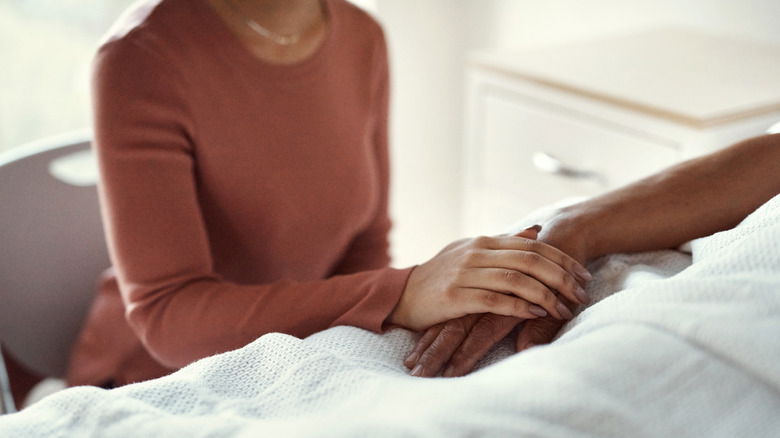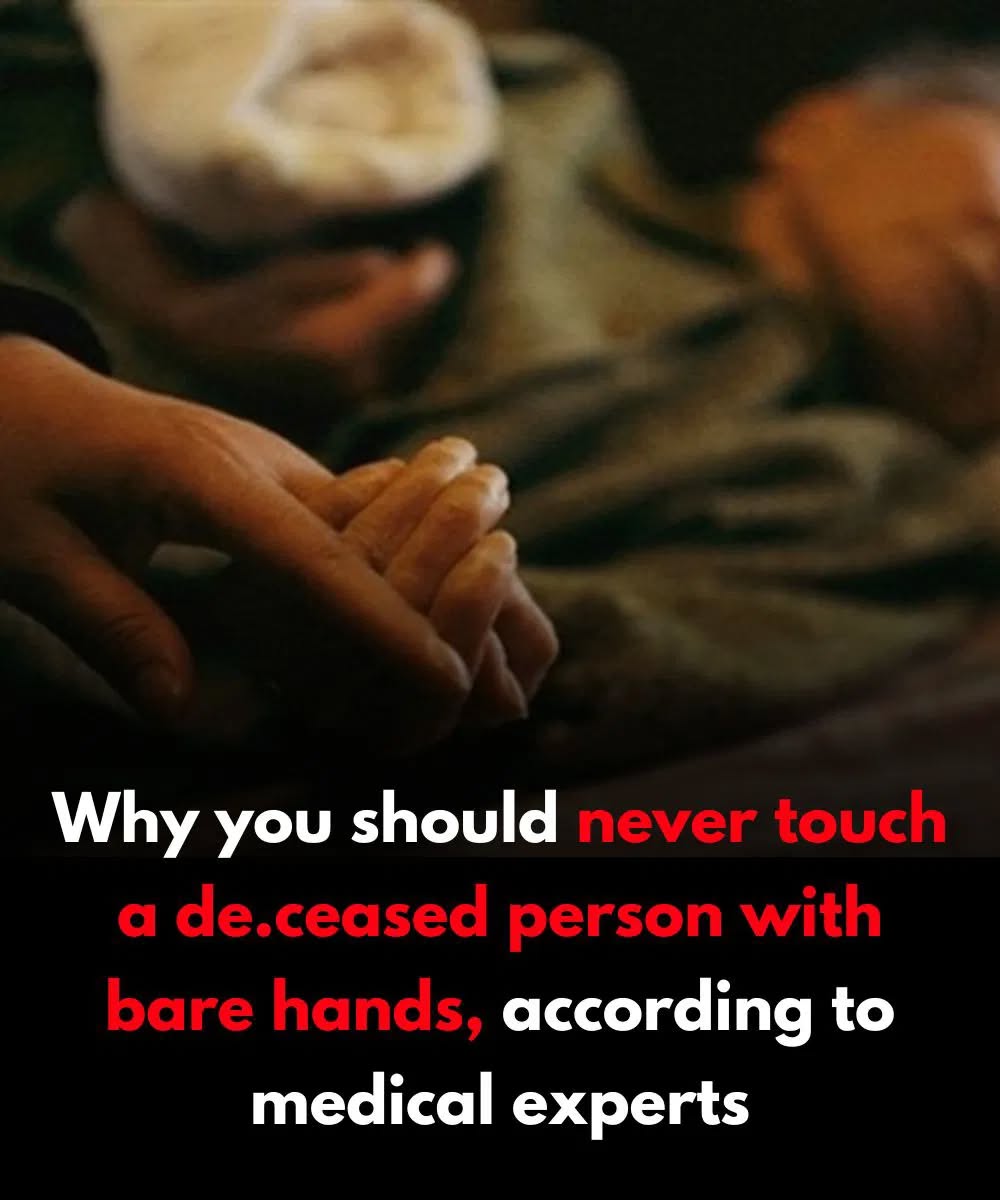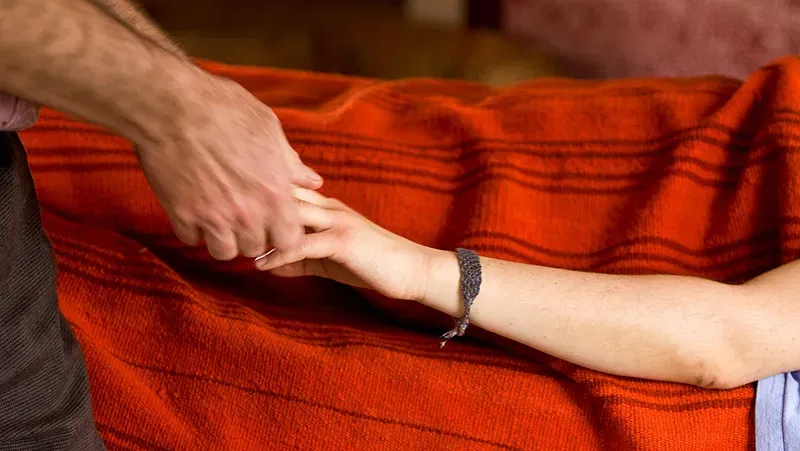Many people assume that touching something with their hands is harmless. However, micro-abrasions or tiny unnoticed cuts on your hands can act as entry points for bacteria or viruses. These can lead to infections – sometimes serious ones – if pathogens from the body enter your bloodstream.
Wearing gloves, especially for professionals like morticians, hospital staff, and funeral directors, is standard practice for a reason. Protective gear is not just for show — it saves lives.

4. What Medical Experts Recommend Instead
If you are attending a viewing or funeral, here are some ways to honor your loved one safely:
- Touch over clothing: If you must touch, do so over clothes or casket lining rather than bare skin.
- Use gloves if provided: Some funeral homes offer gloves for final goodbyes. Don’t hesitate to use them.
- Speak your goodbye: Sometimes, words are more powerful than touch. A spoken farewell can be just as meaningful and safe.
5. A Respectful Goodbye Can Still Be Safe
Showing respect and love does not have to involve physical contact. Kissing or touching a deceased person may feel like a meaningful last act, but it could come at a cost to your health. With infectious risks present – however small they may seem – it’s always better to err on the side of caution.
Medical experts emphasize the importance of emotional closure, but not at the risk of personal safety. Practicing safe distancing and hygienic farewell rituals allows us to honor the dead while protecting the living.
Conclusion
Death is a deeply emotional experience, and our instincts may lead us to physical gestures of goodbye. However, science and medicine urge us to be cautious. By avoiding barehand contact with the deceased, we show respect not only to the person who has passed — but also to our own well-being and the health of those around us.


